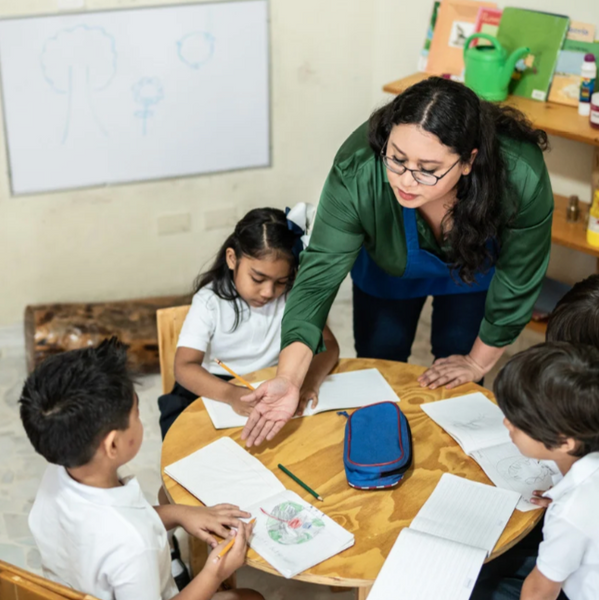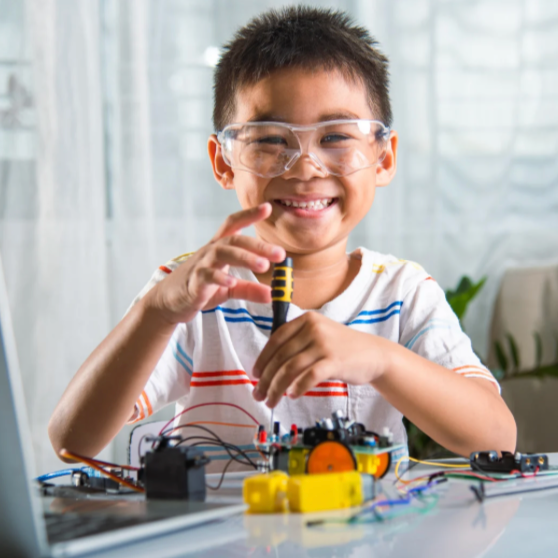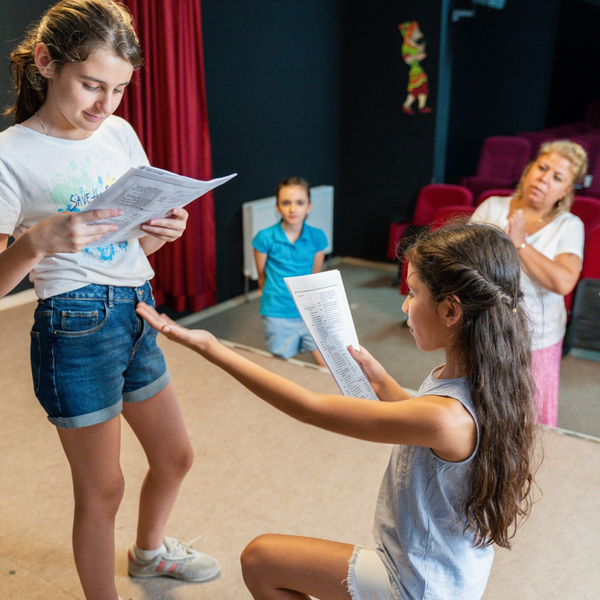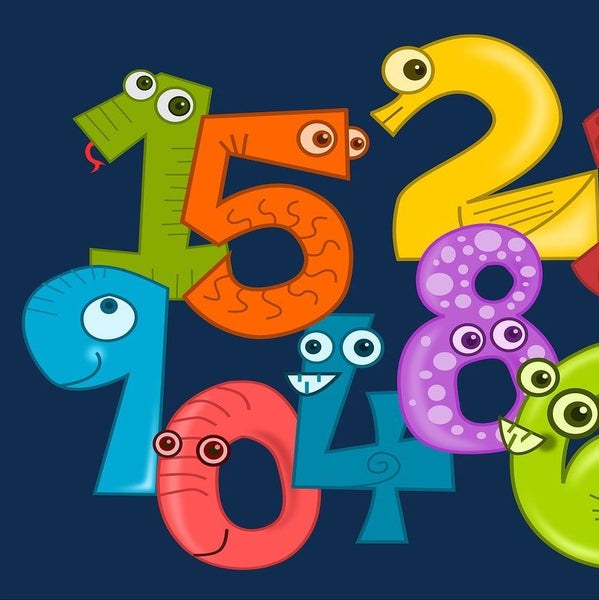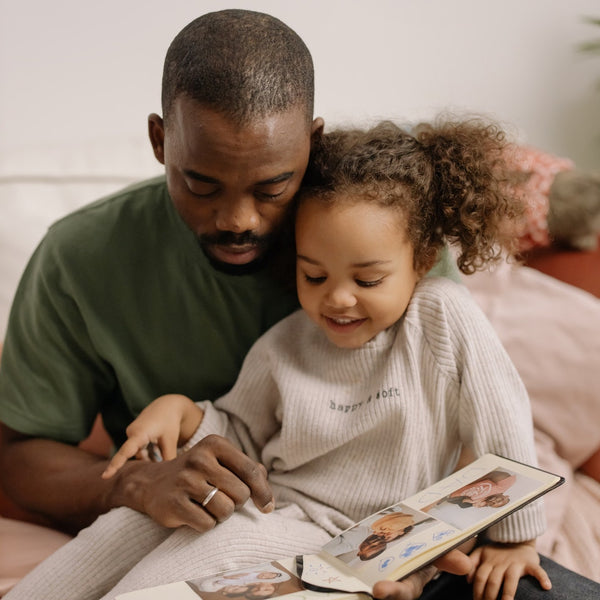Research -- StepUp to Learn
Why Letting Kids Struggle Can Boost Their Skills
Giving too much help—especially in tough subjects like math—could be doing more harm than good.
Can Coding Boost Executive Function Skills?
Researchers question how teaching computational thinking skills can help elementary students’ executive function skills.
Baby Babble and the Malleable Brain
Princeton neuroscientists find surprising clues from chatty monkeys who share the power of babble.
Non-Cognitive Skills: The Hidden Key to Academic Success
Non-cognitive skills are as important as intelligence in determining academic success, new study finds.
Want to Increase Resiliency in Kids? Teach Creativity
Kids imagine themselves as different characters it builds creativity which can make them more resilient.
'Mister Rogers' 2.0? Chatbot Aims to Boost Kids' Positive Self Talk
Researchers aim to create child-centric experiences with a chatbot that provide fun and educational practice opportunities without compromises children’s privacy.
Talk With Your Hands? You Might Think With Them Too!
When we learn, we use movement practice to embed movement patterns into our muscle memory.
How The Brain Says 'Oops!'
How do we learn from our mistakes? This important brain research helps us understand how our brains detect our mistakes.
How Counting Promotes Fair Sharing in Preschoolers
Researchers show how symbolic counting skills were the single biggest predictor of preschoolers' fair sharing behavior.
How to Get Kids on a Path to Better Wellbeing
Toddlers whose mothers received special coaching in this activity grew into teenagers who experience better wellbeing.
Making The Wait Less Arduous for Young Children
Three minutes can be endless for small children. They can learn how to bridge them effectively--no matter their temperament--with this strategy.
What Your Child's Facial Expressions Are Telling You
Facial expressions forecasts social problems years later when students are lacking this key factor.
-
Previous
- Page 1 of 5
- Next

